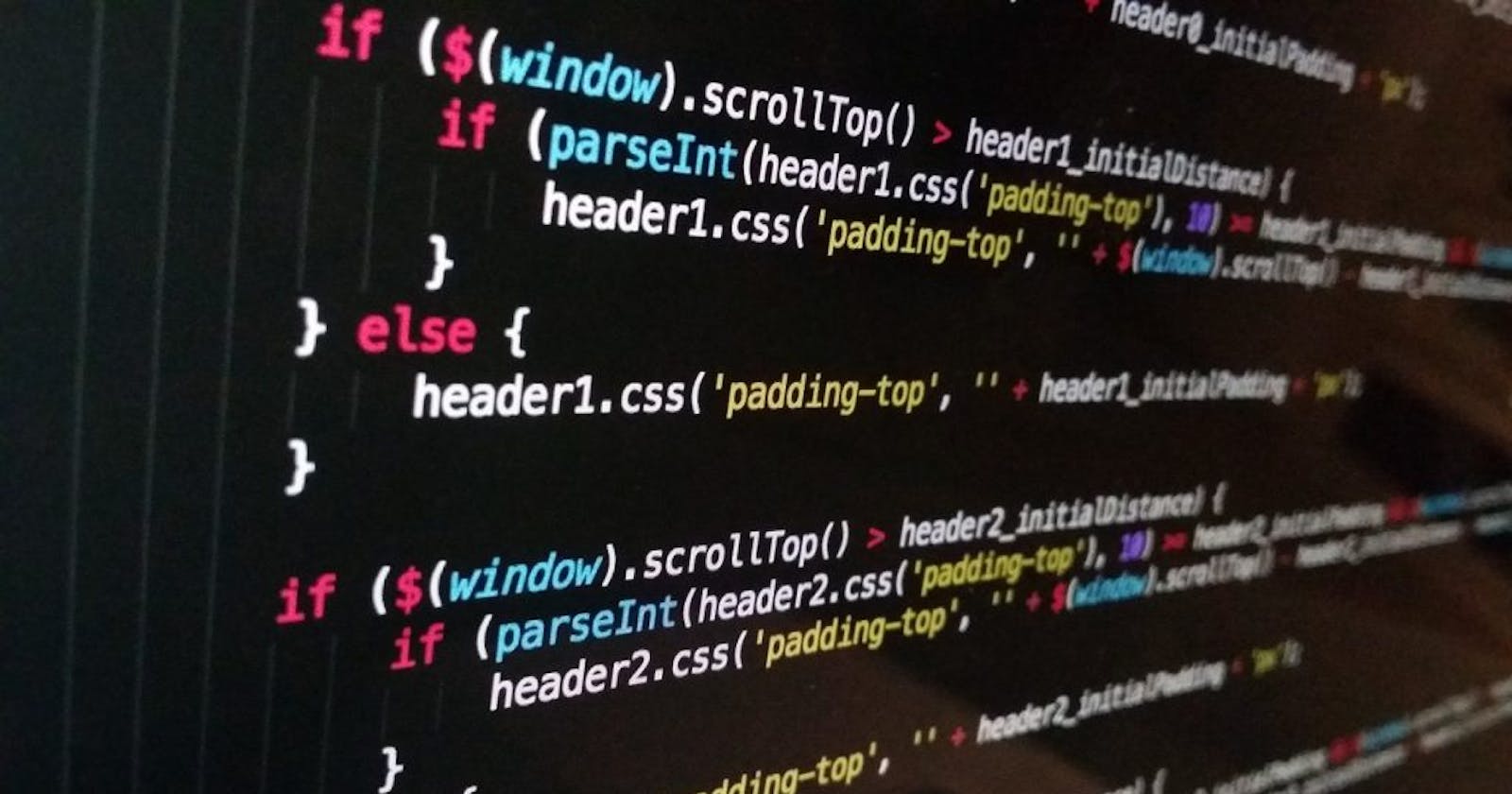Importance of Practice in Learning Programming: Tips for Building a Strong Coding Skillset
Introduction
Learning programming can be a challenging yet rewarding endeavor. Whether you aspire to become a professional developer or wish to utilize coding skills in other domains, it is essential to understand the importance of practice in building a strong coding skillset.
Mastery of programming languages and concepts requires consistent effort and hands-on experience. In this article, we will explore the significance of practice in programming and provide valuable tips to help you develop and strengthen your coding skills.
1. Reinforce Concepts and Retention
Practice reinforces the knowledge and concepts you acquire while learning programming. The act of applying theoretical concepts in practical scenarios solidifies your understanding and helps you retain information more effectively. By implementing coding exercises, projects, and challenges, you actively engage with the material and better understand how things work. This hands-on experience allows you to internalize and apply concepts creatively in different scenarios.
2. Develop Problem-Solving Skills
Programming is fundamentally about problem-solving. It involves breaking down complex tasks into smaller, manageable components and finding logical solutions. Regular practice sharpens your problem-solving skills, teaching you to approach challenges methodically and develop efficient algorithms. As you encounter different programming problems, you will learn to analyze, brainstorm, and implement effective solutions. These skills are transferrable and valuable in various aspects of life, making you a more effective critical thinker.
3. Enhance Coding Efficiency and Speed
With practice, you can improve your coding efficiency and speed. As you work on more projects, you become familiar with common patterns, libraries, and frameworks, allowing you to write code more quickly. Regular practice lets you streamline your workflow, utilize keyboard shortcuts, and leverage automated tools effectively. These skills save time and contribute to producing cleaner and more maintainable code. Efficient coding practices acquired through practice enhance your productivity and overall effectiveness as a programmer.
4. Cultivate Creativity and Innovation
Programming is not just about following instructions; it's a creative process that allows you to bring your ideas to life. By practicing coding regularly, you cultivate creativity and innovation. As you explore different programming concepts and languages, you begin to think critically, break the boundaries of traditional problem-solving, and find unique approaches to tackle challenges. Each project allows you to experiment, learn from mistakes, and invent new solutions. Practice nurtures your creative mindset, enabling you to develop groundbreaking applications and push the boundaries of what's possible.
Tips for Effective Programming Practice
Set Specific Goals: Define clear, achievable goals for your practice sessions. Whether building a simple application or mastering a specific programming concept, having well-defined objectives will keep you focused and motivated.
Start with Small Projects: Begin with small projects to gain confidence and gradually tackle more complex ones. Working on achievable tasks allows you to experience a sense of accomplishment and prevents overwhelming yourself.
Engage in Problem-Solving Exercises: Solve coding challenges and algorithmic problems regularly. Platforms like LeetCode, HackerRank, and Project Euler provide various exercises to sharpen your problem-solving skills.
Collaborate and Seek Feedback: Engage in programming communities and collaborate with others. Participate in code reviews and seek feedback on your projects. Learning from experienced programmers and receiving constructive criticism will help you grow and improve.
Build Real-World Applications: Aim to build real-world applications or contribute to open-source projects. This hands-on experience will expose you to practical challenges and provide insights into industry best practices.
Reflect and Refactor: Regularly review your code and reflect on ways to improve it. Refactoring enhances your code's readability, performance, and maintainability. Embrace the mindset of continuous improvement.
Conclusion
Practice is an integral part of developing a strong coding skillset. By dedicating time to regular practice, you reinforce your knowledge, enhance problem-solving abilities, improve coding efficiency, and cultivate creativity.
Adopting a structured approach to practice, setting specific goals, engaging in problem-solving exercises, collaborating with others, and building real-world applications will accelerate your learning journey. Embrace the journey of practice, as it is through consistent effort and hands-on experience, that you will truly master the art of programming.
Resource
This article was written by Abdulrazaq Salihu, a front-end developer who is highly motivated and imaginative by finding inspiration in everyday things.

